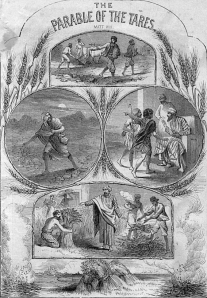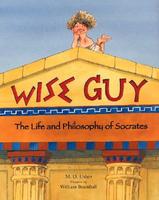Lazarus had been raised from the dead. Instead of doing this on the quiet as He had with Jairus’ daughter (I suspect for her sake) Jesus had raised Lazarus in front of a crowd. The following day He is sitting in the house with Lazarus when Mary comes in and pours very expensive Nard all over his feet.
Judas says the same thing I have heard from so many people who say they are followers of Christ, “Why hasn’t this expensive stuff been sold and the money given to the poor?”
John tells us something else about this statement. Judas was not interested in the poor, he was interested in the money.
How many people who use the same words as Judas about the Church have sold their goods and given the money to the poor?
Jesus says, “The poor you will have with you always….” And sadly this is true. Sell everything you have and give it to the poor and they will still be poor when it runs out. We need to get our priorities in the right order. We cannot serve the poor properly unless we first serve God properly. We cannot give to the poor unless we first give to God so we can receive from Him everything we need to give to the poor. And if we look at some of the most beautiful buildings and vestments in many churches we find that it was the poor themselves who donated to make sure these things were there for the proper worship of God.
St. Francis of Assisi had nothing. He and his fellow Franciscans begged for their daily bread and worked among the poor all their lives. But Francis insisted on the very best vestments, chalices and altar cloths for the Mass because God is worth it.
Jesus didn’t need nard poured over him. Mary needed to do that. Jesus doesn’t need to see His priests and deacons in proper vestments using precious items for the Mass – we NEED to see that, because we are weak and so easily forget who God is.
When the Church is stripped of her wealth, as she was in England under Henry VIII, it is noteworthy that the wealth doesn’t get near the poor, but boosts the coffers of the already rich. While Henry destroyed everything the poor were thrown out of the hospices and monastery guest houses and the sick were left without the medicinal gardens and care of the monasteries and convents. The schools that had been open to the poor were shut.
Leprosy, which the work of the religious orders had eradicated from England was re-introduced.
And most famously of all the bee-keepers of the country were left destitute.
Judas is not unique. He got his thirty pieces of silver that he longed for, but it didn’t help him or any poor person.
The first person to refuse to offer to God what was right, was Cain, and he murdered his brother. Henry VIII murdered a lot of people, but gave us wonderful saints like St Thomas More and St John Fisher among many many others.
Judas saw to it that Jesus was crucified but from that we have our Salvation.
God makes straight with crooked lines, but God help the one who has made those crooked lines.



































































